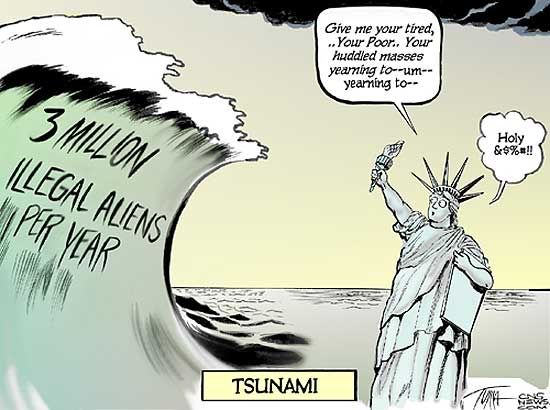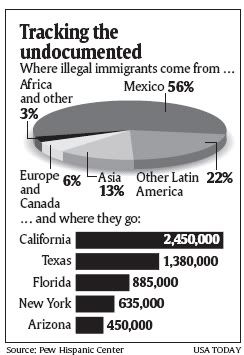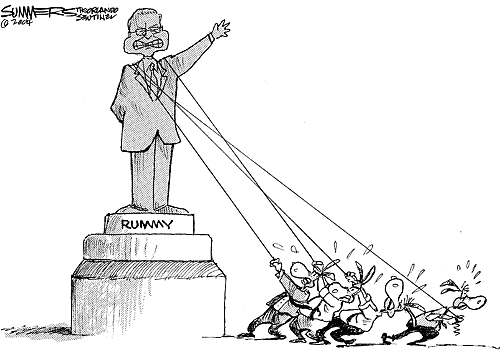Hypocrisy Deluxe

Congressman Patrick Kennedy (D-RI)
For those not familiar with it, there's an organization called Cape Wind that's proposing to put a 130-unit wind farm in Nantucket Sound. The wind farm would provide for about 75% of the energy needs of the Cape Cod area and the surrounding islands, which includes Nantucket and Martha's Vineyard. You sort of get the idea that there's a lot of money tied to the denizens of the region, which happens to also include the Kennedy enclave in Hyannis Port, MA.
Now there may be legitimate questions concerning the wind farm (honestly, I don't believe that myself, but for argument's sake let's say there are), but the powers that be aren't interested in discussing those problems out in the open, in front of the American people. No, they're trying to kill the whole thing through some political sleight of hand. Senator Kennedy, the father of Congressman Patrick Kennedy, has managed, with the help of Senator Ted Stevens of Alaska, to have an amendment tied to the Coast Guard appropriations bill that gives the governor of Massachusetts the authority to block the wind farm. If the Coast Guard bill passes, and as a rule there's no reason why it shouldn't, then the amendment kicks in, and it turns out that the Governor of Massachusetts happens to oppose the wind farm. Here are the problems with all of this:
- We have a sitting President telling the country we need to develop alternatives to fossil fuels. Bush happens to be enamored with hydrogen, which at present doesn't wean us from fossil fuels, but hey, he's trying, right (I say this with tongue-in-cheek)? Now we have a proposal for a wind farm that would serve to help with the weaning process, and you'd think that all politicians, especially from this part of the country (New Englands, were new power plants are few in coming), would be behind it; not the Kennedys.
- How is it that a Republican senator (as we all know the Kennedy clan is Democrat) from Alaska cares so much about Nantucket Sound? Stevens was in a position to get the amendment included in the Coast Guard bill and was apparently approached by Kennedy to do so; he obliged. Stevens says that this is a state's rights issue, but the consensus seems to be that he's helping a fellow senator.
- Why shouldn't the governor of Massachusetts have veto power over Cape Wind? Well, why should the governor have veto power over this when he doesn't have veto power over other similar power plant proposals? Ok, maybe that's indeed a legitimate enough question, one that should be addressed via open hearings and debate, not by slipping the effort a mickey via an appropriations rider.
Now maybe Cape Wind is the wrong thing to do, maybe it will unfairly reduce property values, impair navigation in the Nantucket Sound, and otherwise produce an eyesore in the area of huge proportion - there's no evidence to support any of this, and in fact there's evidence to support quite the opposite (see the Cape Wind site), but let's be fair, right? So let's do this through an open process, not by tying it to an appropriations bill for the Coast Guard, in effect sneaking a killer option through without hearings or a fair and open debate of any sort.
Now here's where Patrick Kennedy's hypocrisy comes in. The following is from the business section of today's Providence Journal :
"Much like the LNG proposals for Providence and Fall River, I believe there are many unanswered questions including the overall impact on local communities, safety, commerce and environmental and navigational concerns," Kennedy said.
"In a situation such as this, I believe local elected leaders have the best understanding of the impact this has on their communities. For that reason, I do support the governor taking an active role in the approval process. We cannot go about the siting of these facilities in a piecemeal fashion where businesses have the power to run roughshod over the interests of the local communities and consumers."
Now of course he's not the one sneaking an amendment through on an appropriations bill, his father is, but give me a break. If he believes what he's saying here, vice throwing up smoke, then he should be calling for hearings on the Cape Wind project. Instead, since daddy is doing his dirty work for him, he gets to spout some otherwise plausible reasons for opposing this project while knowing full well that the fix is in to have this taken care of through the senate.Kennedy doesn't get my vote in November, and if you're as much put out by this as I've been definitely visit the Cape Wind web site and find out who you can get in touch to express your disapproval of the amendment and having this decided in the open, which is how so many of us mistakenly have believed was the way we did things in this country; don't kid yourself.











